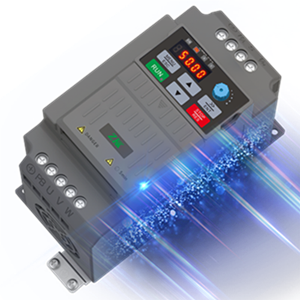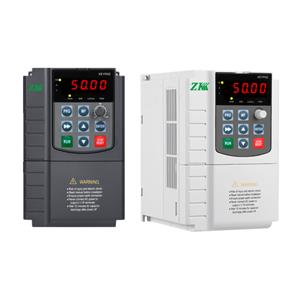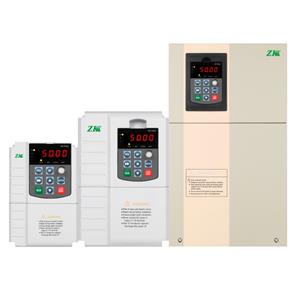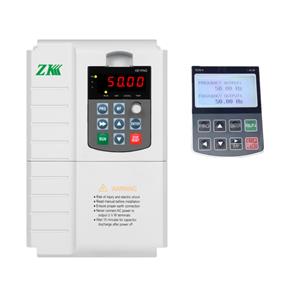-
2802-2025
Grid interconnection characteristics of solar pump inverters
Inverters designed for photovoltaic pump applications that are grid-sync capable epitomize a pivotal technological advancement in this evolutionary energy landscape.
-
2502-2025
Pivotal Influence of Solar Pump Inverters on Urban Water Supply Networks
Amidst the persistent expansion of urbanization, there emerges a parallel escalation in the essental need for avant-garde and ecologically sustainable infrastructure. Within this arena, the pivotal modernization of urban hydric provision systems emerges as a salient facet of the metamorphosis into more intellectual urban agglomerations.
-
2402-2025
Enhanced Exploration of Market Applications for Solar Pump Inverters
The advancement of photovoltaic technologies has catalyzed a plethora of innovative applications substantively furthering the sustainable development imperatives of numerous sovereign entities.
-
2002-2025
Energy Saving Benefits of Solar Water Inverters
Solar water inverters play a crucial role in enhancing energy efficiency and decreasing energy consumption in water pumping applications.
-
1802-2025
Exploring the Operational Principles of Solar Pump Inverters
Solar pump inverters are essential for converting solar energy into efficient water pumping operations by regulating DC to AC conversion, controlling pump motor speed, and optimizing energy efficiency. Incorporating Variable Frequency Drive (VFD) technology enhances system performance and extends pump lifespan. Monitoring and safety features ensure system reliability, while environmental sustainability is promoted through reduced carbon emissions and renewable energy utilization. Solar pump inverters play a vital role in advancing sustainable water supply solutions.
-
1802-2025
The Importance of Solar Inverters in Photovoltaic Power Generation Systems
Solar pump inverters are essential components of photovoltaic power systems, converting solar panel output into usable electricity. They optimize energy conversion, enhance system performance, and ensure safety through monitoring and protection features. Solar pump inverters also facilitate grid integration, allowing excess energy to be fed back into the grid. As renewable energy demand increases, these inverters play a crucial role in transitioning to a sustainable energy future.
-
2712-2024
The development and impact of solar pump inverters in the renewable energy sector
The performance of solar pump inverters has significantly improved with technological advancement, and market demand continues to grow. It uses solar energy to drive water pumps and other equipment to promote energy transformation, improve utilization efficiency, and promote industrial development. In the future, technological innovation, market expansion, policy support and international cooperation will jointly promote solar pump inverters to play a greater role in the field of renewable energy.
-
2112-2024
How solar pump inverters are transforming agriculture in South America
In South America, where sustainable agriculture and renewable energy meet, solar inverters for photovoltaic water pumps have become a key solution. The equipment addresses region-specific challenges such as water scarcity and high energy costs, while promoting eco-friendly growth through efficient irrigation and water management.
-
2012-2024
Single-Phase or Three-Phase AC: ZK solar pump inverters are flexible to meet different agricultural needs
A key decision when choosing a solar pumping system is whether to go with single-phase or three-phase AC. Single-phase AC systems are generally more affordable and simpler to install, making them ideal for small farms with modest pumping needs. On the other hand, three-phase AC systems are more efficient and better suited for larger operations with higher energy demands.
-
1812-2024
The role of MPPT technology in solar pump inverters
In solar pump systems, inverters are core components that efficiently convert DC power captured by solar panels into AC power required to drive water pumps. MPPT technology is the key to improving overall power generation efficiency in this conversion process.




